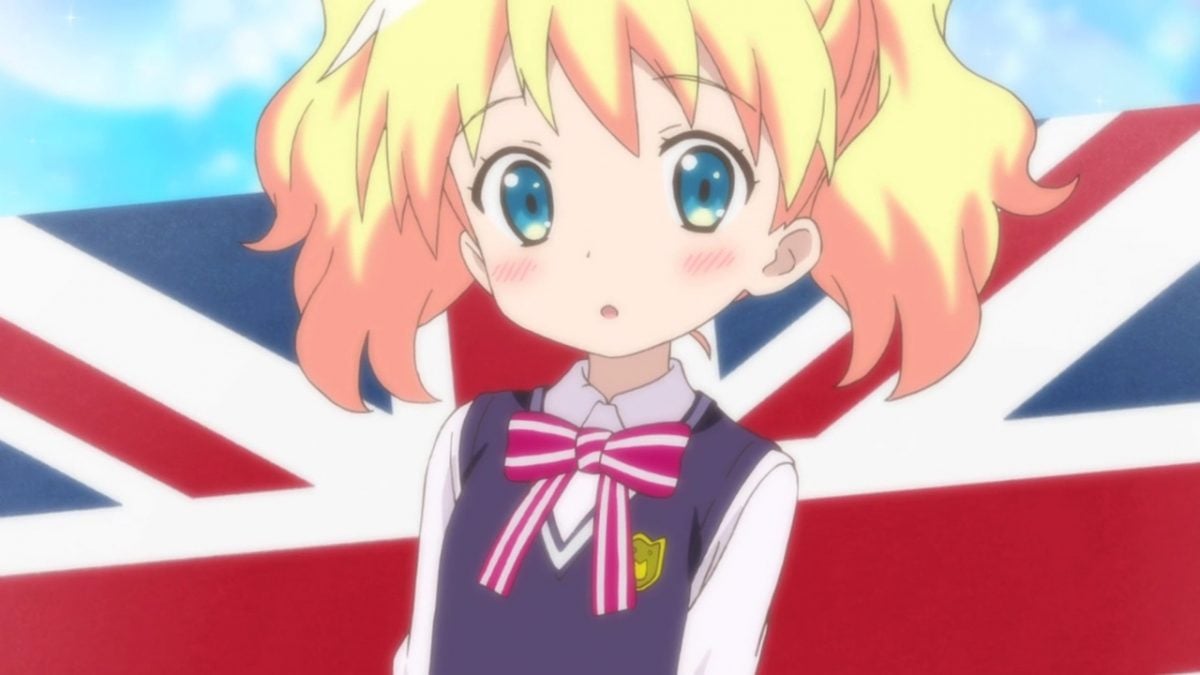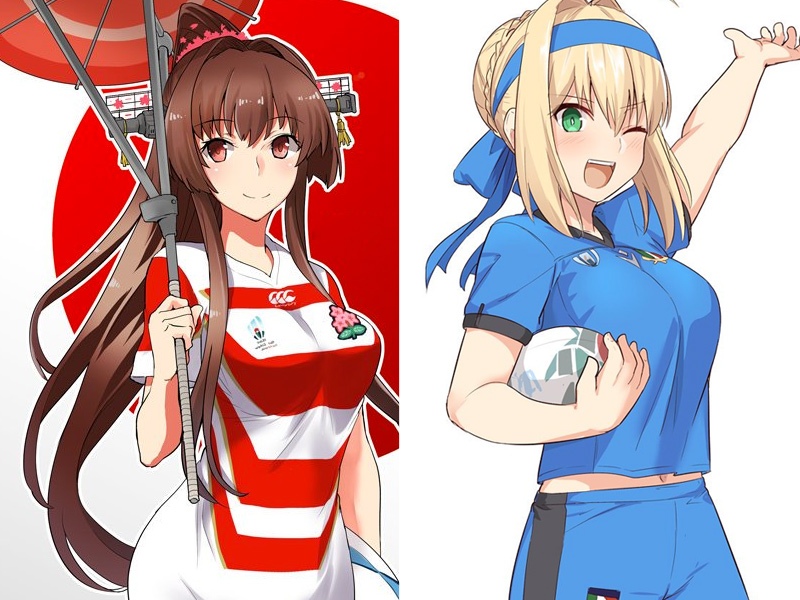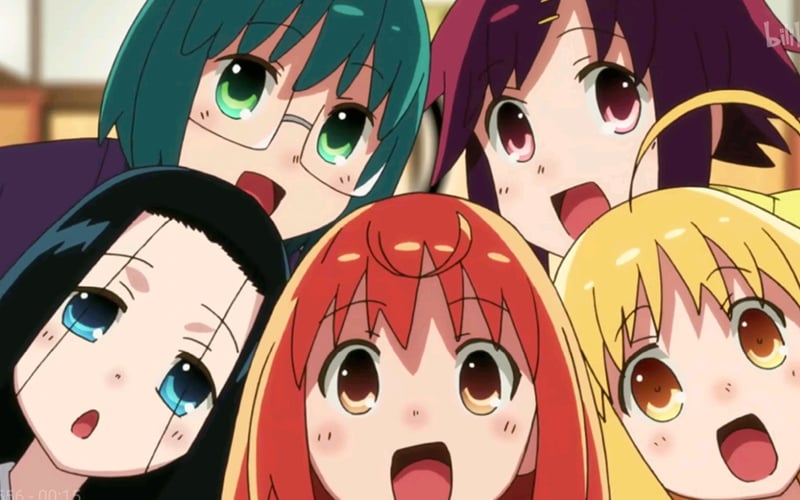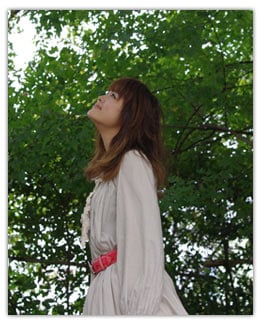When I arrived in Japan, I had to get used to many new things, like being the only gaijin at a concert attended by thousands of Japanese fans, which can really make a person feel self-conscious. I also had to learn to be at peace with not understanding some of the “English” words that were entering my ear. My first ESL job was at the Michigan English School, and I taught lessons to students who were headed to Michigan to attend university despite the fact that I’ve never been to the state. One day my boss told me, “This school used to be a ‘fancy shop,'” and I had no idea what this might mean, although I later learned that it was a wasei eigo (“made in Japan English”) word for a shop that sells kawaii character goods like Hello Kitty. While some words used in Japan sound odd to my American ear because they’ve been imported from British English — “saloon” (sedan) and “lemon squash” (a lemon flavored drink) are two examples — other words are just plain difficult to puzzle out. How many of these “English” words can you identify? (Answers below)
viking American dog guts pose recycle shop roadshow cool biz don’t mind free size open price NG skinship virgin road shutter chance soft cream handle keeper paper driver plus/minus driver pipe cut
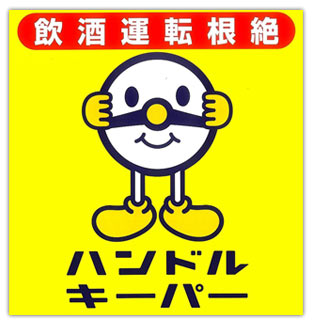
Happy Goatse-kun says, “If you go drinking, be sure to choose a ‘handle keeper.’
Here are the answers to the above wasei eigo words. For some reason the English word “viking” has come to mean an all-you-can-eat buffet in Japan, and an “American dog” is what a corn dog is called here. A man showing off his muscles is said to be doing a “guts pose,” and a recycle shop is what a store selling used goods is called — what a creative use of language. A movie release in theatres is known as a “roadshow” for some reason, and “cool biz” is the official policy of banning neckties for government employees in summer so air conditioning can be run at a lower level. “Don’t Mind” is a simplification of “nevermind” or “don’t worry about it” that’s used quite frequently, especially in sports. “Free size” is Japanese for “one size fits all,” and if a product has no manufacturer’s suggested retail price it is “open price.” “NG” is short for “no good” and refers to any failed attempt at doing something, as well as “bloopers” on television, while “skinship” is the awesome image of a parent putting their baby in the bath. Walking down the aisle to get married is walking the “virgin road,” and the picture of a new married couple kissing for the first time will be a good “shutter chance,” or an opportunity to take a nice photograph. If you go drinking with friends, be sure to designate a “handle keeper” who will be responsible for driving home. A “paper driver” is someone who has a driver’s license but no longer drives regularly, and a “plus” or “minus” driver just means screwdriver with a Phillips or regular head (very logical). Finally, when a man decides he no longer needs children he might go to the doctor and ask for a “pipe cut.”



